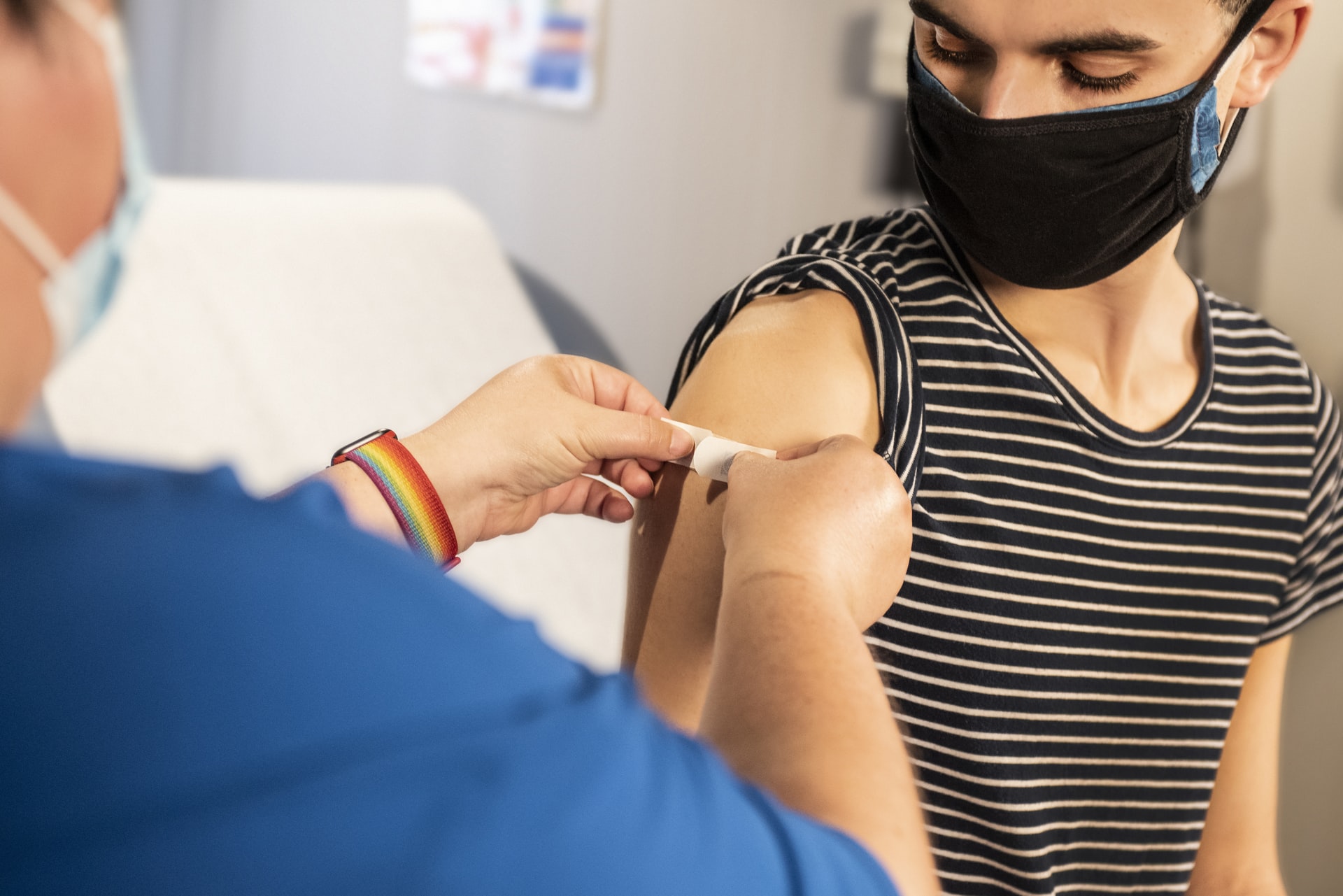A managed isolation and quarantine worker (MIQ) worker has tested positive for Covid-19 after receiving their second vaccine dose.
The worker – a cleaner at the Grand Millennium Hotel in Auckland – was identified through a routine swab test on Monday. One of their family members has returned a “weak positive” test; three others have tested negative.
In a press conference this afternoon, Director General of Health Dr Ashley Bloomfield clarified that border workers would not be “fully vaccinated” until 7 days following their second vaccine dose.
The SMC has asked experts to comment.
Dr Nikki Turner, Director Immunisation Advisory Centre, University of Auckland, comments:
“While we appreciate the news of someone testing positive for COVID-19 after vaccination may feel confusing, this gives us an opportunity to highlight further how the vaccination process works:
- Receiving both doses of the Comirnaty (Pfizer/BioNtech) are important to provide full protection. This person had only recently received their second dose (five days earlier) and so hadn’t yet reached full protection (requires two weeks).
- The good news for this person is that they are asymptomatic – they are not suffering from any symptoms of COVID-19, yet if they hadn’t been vaccinated the risk to their health could have been much greater. So we are pleased to see that the vaccination is likely to be providing some protection even at this early stage. This is a good sign for our vaccination programme.
- It is important to note that the main focus of COVID-19 vaccines is to take the ‘sting’ out of COVID-19’s tail – reduce the ability of it to cause serious illness or death. This vaccine has around 90 – 97% efficacy from its trial which means the majority of individuals fully vaccinated will not get sick and of the small number of people who did, these people did not have serious illness. That is what we seem to be seeing in this case.
- Experience from this vaccine internationally is also showing it does reduce the spread of the virus between vaccinated people, however it will still spread in some vaccinated people. So this raises the importance of our roles and tools available in protecting our community – one of the best steps we can take is getting the vaccination, and all of the other layers of protection including our border protection, use of PPE, good hygiene practice with illness around others are all tools that need to stay in our kit for now.”
Conflict of interest statement: No conflict of interest. NOTE: The Immunisation Advisory Centre (IMAC) has a contract with the Ministry of Health to deliver education and training to the healthcare sector for COVID-19 vaccines.
Dr Joel Rindelaub, Aerosol Chemist, University of Auckland, comments:
“The latest case of COVID-19 within the community parallels that from Brisbane back in January, when a cleaner at an MIQ facility was exposed to the virus during a routine work shift, possibly via an aerosol transmission event. Infection of MIQ cleaning staff highlights the transmissibility of the virus and the need to ensure the safety of those in border facing roles.
“One way to provide greater protection to those tasked with cleaning areas previously occupied by travellers is to have a stand down period for a room that has previously hosted an MIQ guest.
“Since the virus is not expected to ‘live’ in aerosol particles for more than 3 hours or on surfaces for more than 3 days, having a delay prior to accessing a vacated room could allow the virus to degrade naturally before any possible exposure to MIQ staff.”
No conflict of interest declared.
Prof Michael Plank, Te Pūnaha Matatini and University of Canterbury, comments:
“This case was detected by routine testing, which is an example of the border testing system doing its job. It’s most likely they picked the virus up from someone in the managed isolation facility.
“The case had their second dose of the vaccine on 16th March. This is a reminder that vaccines take time to take effect and, although highly effective, are not 100% guaranteed.
“It is possible the vaccine will prevent this person from getting symptoms of COVID-19 or reduce their severity. But they may still have spread the virus to a household member. We should expect this to happen from time to time and this highlights the need to continue regular routine testing of everyone working at the border, including those that have been vaccinated.
“People should not assume that the risk from COVID-19 will vanish completely once they are vaccinated. Until we have high vaccination coverage across the population, we need to continue our cautious approach to protect unvaccinated members of the community.
“This is a reminder that no one is safe until everyone is safe.”
No conflict of interest declared.
